Leukocytes or White Blood CellsWhite blood cells are components of your immune system that defend your body against infection. These cells move through your tissues and blood, destroying foreign organisms that enter your body in response to an injury or disease. 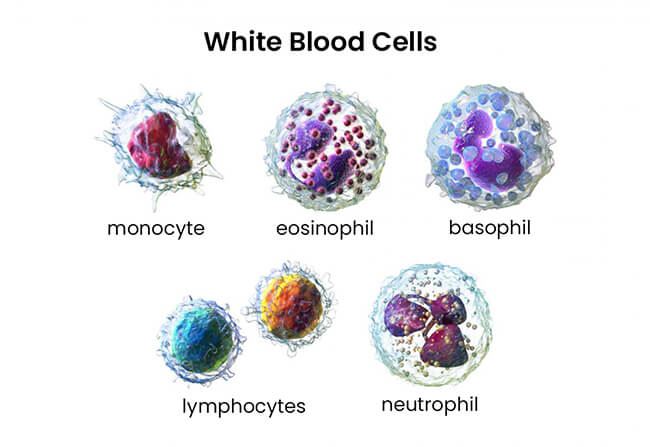
White Blood Cells: What Are They?Leukocytes usually referred to as white blood cells. These are in charge of defending your body against infection. White blood cells circulate in your blood as a component of your immune system and react to damage or disease. Why Are White Blood Cells Necessary?The main function of white blood cells is to protect the body against foreign infectious agents. White blood cells detect the foreign particles entering the body that move through the blood into various tissues. Whenever a dangerous microorganism enters a body, white blood cells act like an army and warn other white blood cells against the infection and the location of the microorganism. They defend the body against their harmful attack. Your white blood cell army fights the intruder after it has arrived by creating antibody proteins that adhere to the organism and kill it. 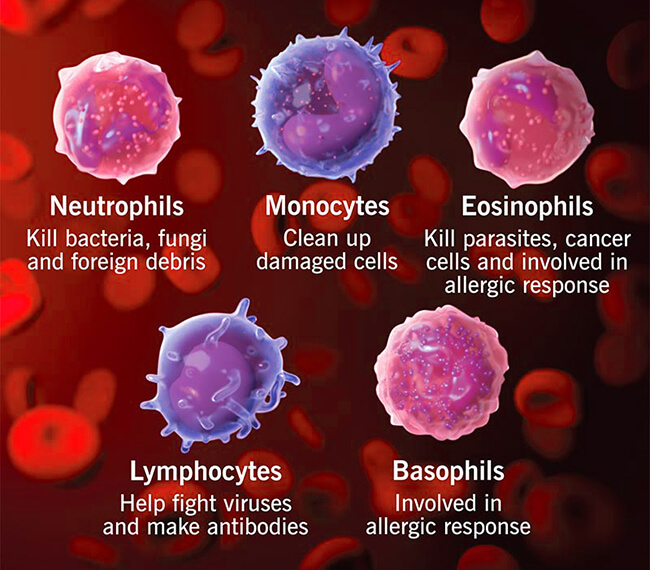
Where Can You Find White Blood Cells?To find the infection, your white blood cells go through tissues and blood vessel walls while in your circulation. What's The Appearance of White Blood Cells?White blood cells are colorless, despite their name, but when stained with dye and seen under a microscope, they might have a very light purple to pink tint. These little cells are rounded and have a distinct central membrane (nucleus). Size Of White Blood CellsWhite blood cells are microscopic; therefore, they are not visible to the naked eye. The Number of White Blood Cells In My BodyUnlike red blood cells, which make up 40% of the blood, white blood cells only occupy 1% of the blood. On the other hand, plasma occupies the largest portion of the blood, that is 55%. 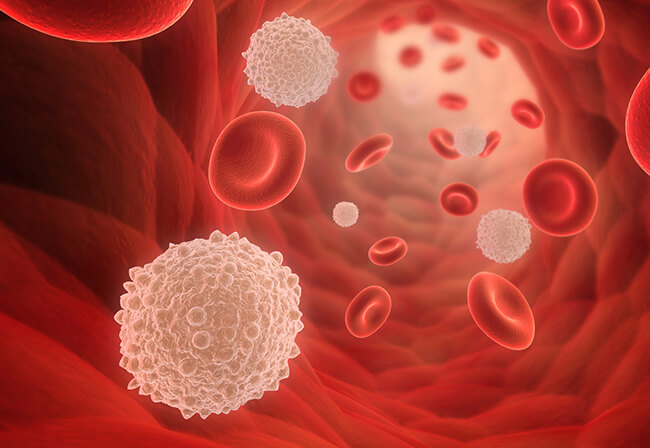
White Blood Cells: How Are They Created?Like all other body cells, white blood cells are also formed in the bone marrow. The lymph nodes, spleen, thymus gland, and T cells produce different white blood cells called lymphocytes (B cells). What Components Make Up White Blood Cells?White blood cells develop from stem cells found in the soft tissue of your bones (bone marrow) that can change into various types of cells in the body. 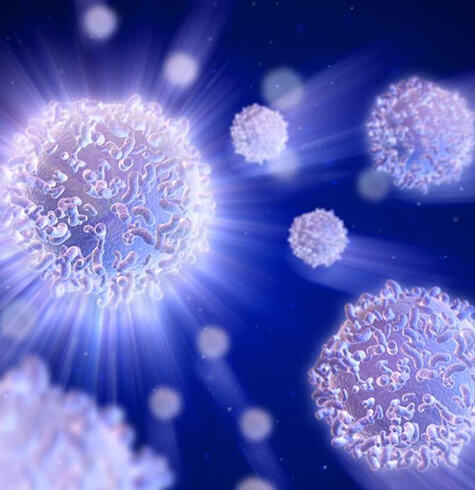
What Kinds of White Blood Cells Are There?White blood cells come in five different varieties:
Which Condition Has an Impact on White Blood Cells?You are more susceptible to contracting infections if your white blood cell count is low (leukopenia). What are typical symptoms of white blood cell disorder?Having a white blood cell count that is either too high or too low might cause the following symptoms:
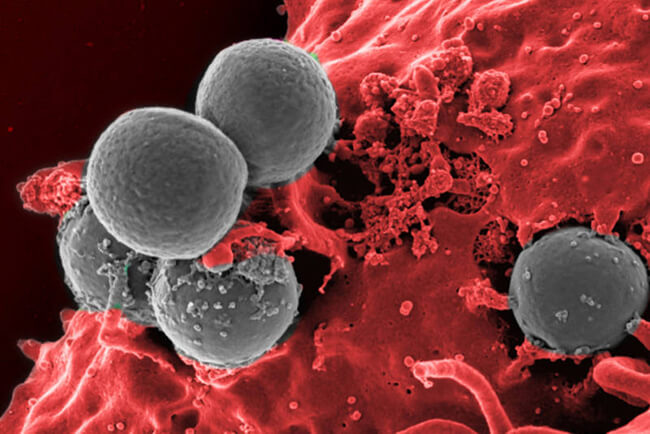
A white blood cell scan is a test to look for abscesses or infections in the soft tissues of your body. In this test, your blood is withheld. The white blood cells are separated from the sample, marked with a radioactive isotope, and then put back into your body. After that, an imaging test will find any abscesses or regions of infection on your body. 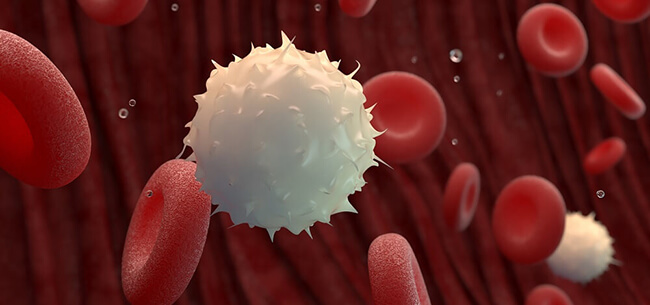
Why Does the White Blood Cell Count Drop?Low white blood cell counts might be due to the following reasons:
Why Does the White Blood Cell Count Increase?High white blood cell counts can be due to the following reasons:
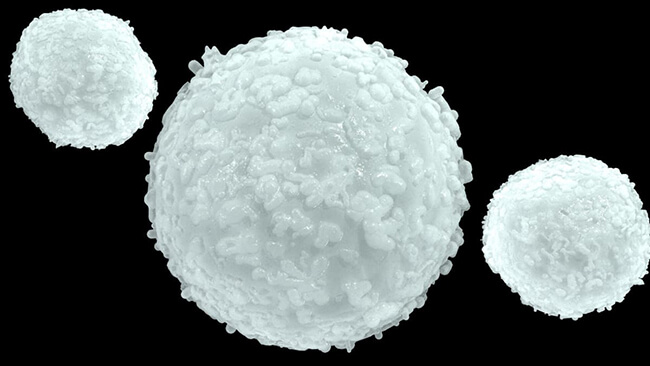
How can the problems associated with white blood cells be treated?There are many options to treat the problems associated with white blood cells. They mainly depend upon the diagnosis and severity of the problem. Some of them are:
How Should My White Blood Cells Be Cared For?Maintaining your white blood cells involves:
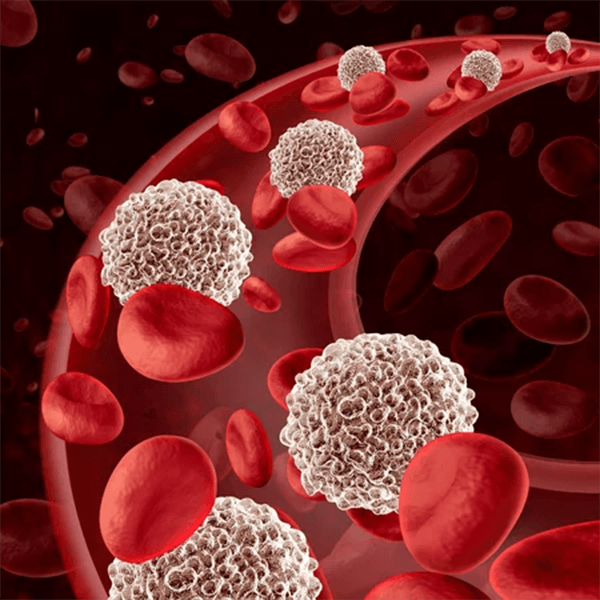
ConclusionYour initial line of defense against disease or damage comprises white blood cells. By consuming vitamins to strengthen your immune system and maintaining proper cleanliness to stave off illness, you may maintain the health of your white blood cells. Contact your healthcare practitioner to check your white blood cell count if you suffer any symptoms such as fever and chills, recurrent infections, a persistent cough, or trouble breathing.
Next TopicBlood Vessels
|
 For Videos Join Our Youtube Channel: Join Now
For Videos Join Our Youtube Channel: Join Now
Feedback
- Send your Feedback to [email protected]
Help Others, Please Share









